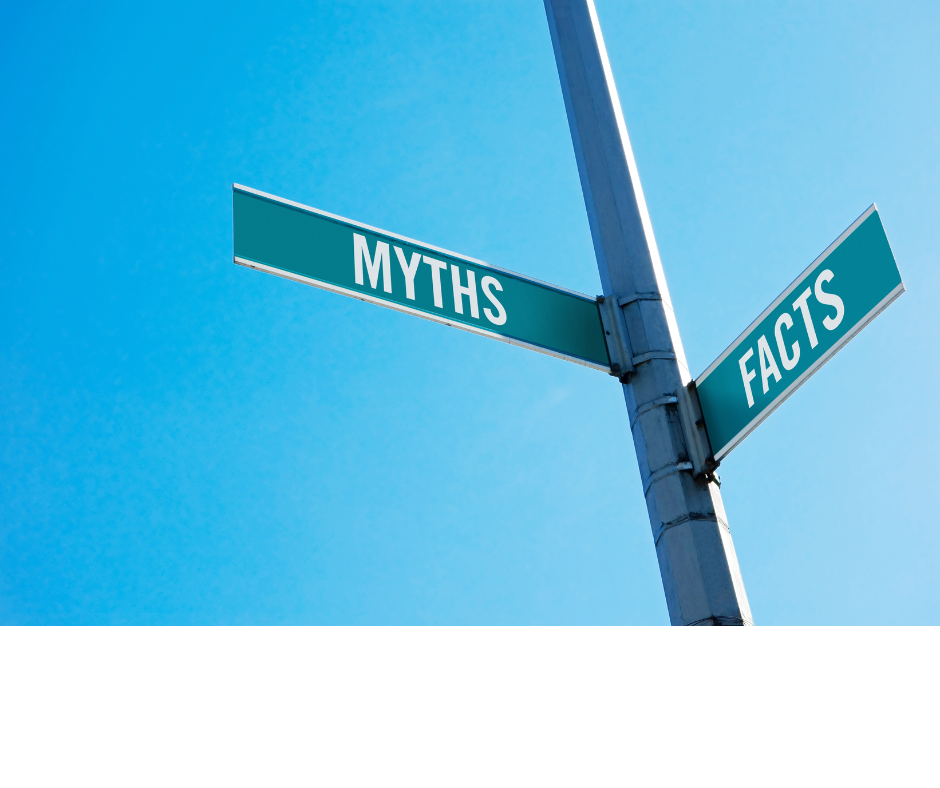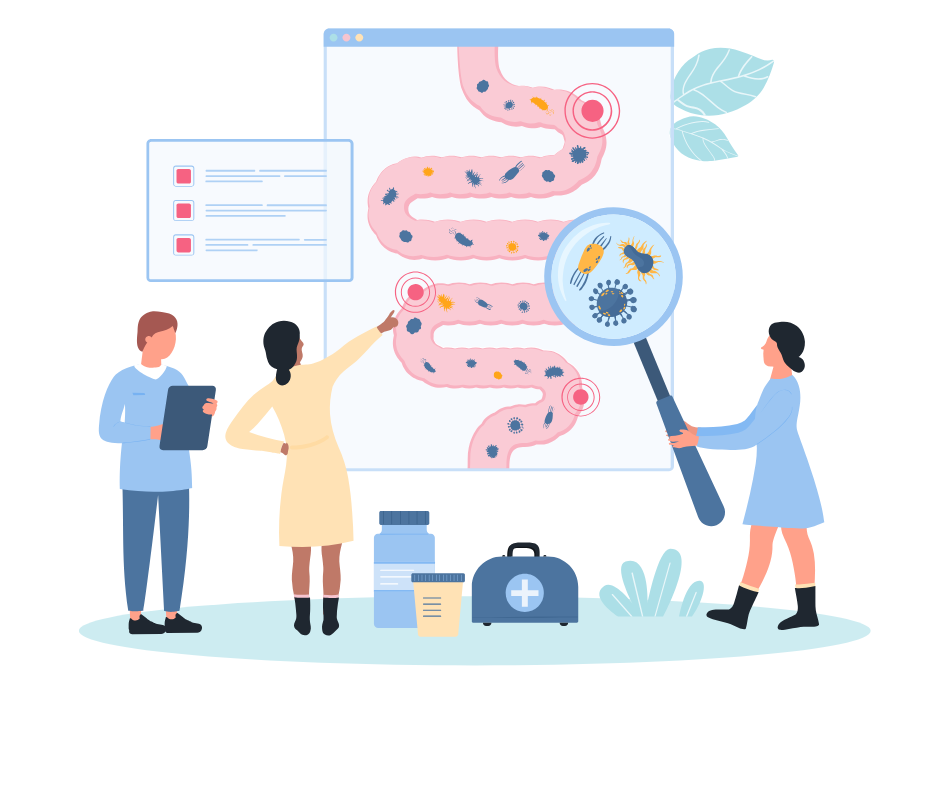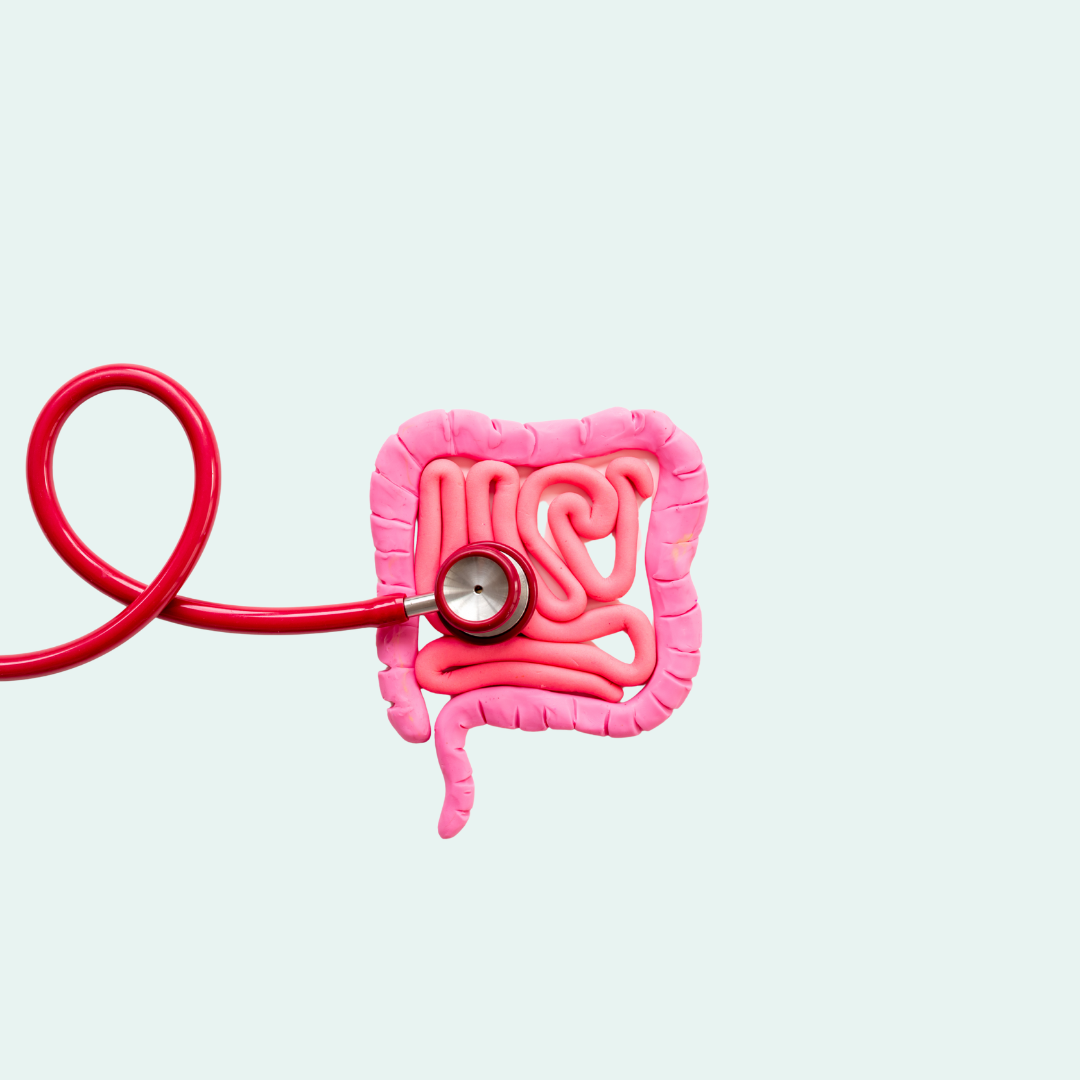MYTH #1: Parasites only come from foreign travel.
It’s a common belief that you only need to worry about parasites after a trip abroad. While travel can increase your risk—especially in areas with poor sanitation—it’s not the only way parasites make their way into the body.
Contaminated produce, poorly handled meats, unwashed hands, and even our pets can all be sources of exposure. Parasites are part of the natural world, and exposure is more common than you might think. Some studies suggest that a significant percentage of the population may harbor intestinal parasites without even knowing it.
MYTH #2: The goal is to eliminate all parasites.
Here’s where things get a bit more nuanced: it’s not about having zero parasites. Just like we have a microbiome filled with bacteria (both helpful and harmful), we also have a parasitome—a community of parasites that live in and on us.
Think of your gut like a garden. A few weeds here and there? Not a big deal. But when the weeds start to overtake your vegetables? That’s when you have a problem. In the same way, when parasites start to outnumber or disrupt your beneficial gut microbes, you can end up with symptoms like bloating, fatigue, brain fog, or nutrient deficiencies.
So the real goal? Balance. Supporting a healthy ecosystem in the gut that keeps potential pathogens in check and allows your body to function optimally.
Many people think parasites are only a concern when traveling to developing countries or places with less stringent sanitation practices. But here’s the truth: parasites aren’t just an international travel problem. In fact, many of us are exposed to them regularly—right here at home.
In my work as a functional nutritionist, I continue to see more and more clients with signs of parasitic imbalances. But just like anything in health, there's a lot of misinformation out there- so let’s clear a few things up.

MYTH #3: You should do regular parasite cleanses “just in case”.
This is a big one. I see a lot of people online (and even in wellness circles) taking things like diatomaceous earth, wormwood, or black walnut every day—or doing quarterly anti-parasitic “cleanses” with pharmaceuticals. But using herbs or medications indiscriminately can backfire.
Why?
- Resistance can develop. Just like bacteria can become resistant to antibiotics, parasites can become desensitized to herbs or medications over time, especially if they're used frequently or improperly.
- You can damage the gut. Long-term use of antiparasitic herbs can stress the liver, disrupt the microbiome, and lead to gut inflammation.
- You're not addressing the root cause. A cleanse without a clear reason or targeted protocol may be doing more harm than good.
I’ve seen people who’ve been taking antiparasitic herbs for years—but still feel awful. Why? Because there’s no strategy or support around it. Killing off parasites is just one part of the process. It should be done strategically and temporarily, followed by a phase of repair and reinoculation—to rebuild your gut lining, restore microbial balance, and support long-term resilience.

How to Safely Address Parasites:
A Step-by-Step Functional Approach
If you're experiencing unexplained symptoms, determining whether it’s an allergy, sensitivity, or intolerance can be challenging. Here’s where to start:
1.
Work with a trained practitioner.
Don’t guess—test. Comprehensive stool testing can help identify specific parasites, imbalances in the microbiome, and inflammation markers that may be contributing to your symptoms.
2.
Build a strong foundation first
Before jumping into any protocol, focus on key pillars of gut health:
- A nutrient-dense, anti-inflammatory diet
- Supporting healthy digestion (think: stomach acid, enzymes, bile)
- Managing blood sugar
- Reducing sources of stress and inflammation
- This sets the stage for any parasite protocol to be more effective—and less disruptive.
3.
Follow with repair & reinoculation
If a parasitic imbalance is found, use evidence-based herbs or medications strategically—typically for a defined period of 2-12 weeks. Avoid long-term or frequent use without retesting.
4.
Follow with repair & reinoculation
After the clearing phase, it's crucial to:
- Support gut lining repair (e.g., with glutamine, zinc carnosine, or collagen)
- Reintroduce beneficial bacteria with probiotics and prebiotic foods
- Continue supporting detox pathways (liver, lymph, bowel movements)
This recovery phase is often skipped—but it’s what makes the difference in long-term gut health.
5.
Reassess & maintain
After the full protocol, retesting or tracking symptoms with your practitioner can help ensure that balance has been restored. From there, focus on long-term maintenance with gut-friendly habits, rather than repeated cleanses.
The Bottom Line?
Parasites are a part of our world—and our bodies—but they don’t always cause disease. The problem isn’t necessarily their presence, but when they grow unchecked. Instead of turning to chronic parasite cleanses, the best approach is a targeted, evidence-based protocol that restores balance and protects your gut for the long haul.
If you suspect parasites are playing a role in your health concerns, or if you’ve been stuck in a cycle of endless cleansing, I’d love to help you dig deeper and get clarity!
Recent Blog Posts
Share this post!
About the Author
Rhya Pachin is a licensed dietitian nutritionist who employs an "integrative" approach to support overall health rather than addressing just one symptom. As a certified LEAP therapist, she designs and supervises custom elimination diets. Her focus areas include gastrointestinal conditions like IBS and IBD, autoimmune diseases such as rheumatoid arthritis and Hashimoto's, persistent weight issues, food sensitivities, and chronic inflammatory conditions in both adults and children.





